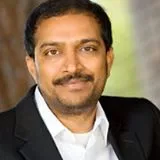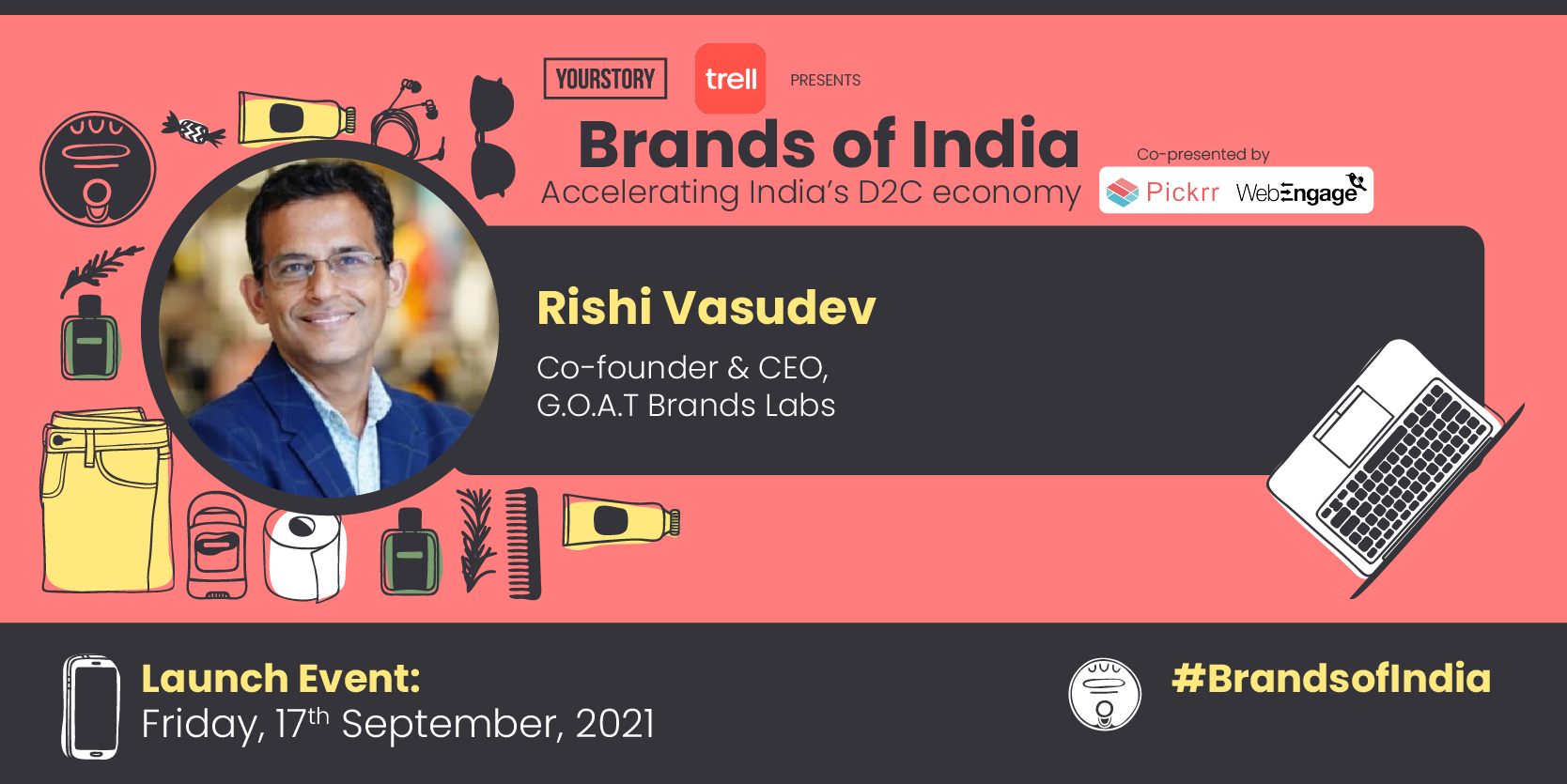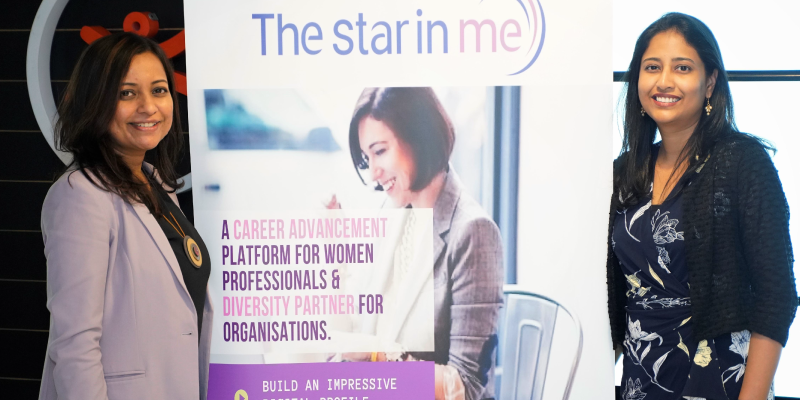'Ecosystem exists, you need to know how to access it': In conversation with Ventureast Tenet Fund Partners
Saturday June 15, 2013 , 6 min Read
Investors are hard to meet. Mentors, harder to find. Perceptions, which are perhaps true to a certain extent. Last week we attempted to answer ‘where is the startup ecosystem in India'. Many of you read it, tweeted, liked and many perhaps brushed it aside as 'media perspective'.
Here, we bring you answers from where it matters. In conversation with Sateesh Andra, Managing Partner and Dr Ramesh Babu Byrapaneni, Venture Partner at Ventureast's Tenet Fund. Together, they have also initiated the Hyderabad Angels.
Both Sateesh and Dr Ramesh, come from a lineage of entrepreneurship and understand the 'other side of the story'.
Excerpts:
Let's start with the startup ecosystem in India currently. Is there one?

6 - 8 years ago, there was nothing in India, no support for entrepreneurs and startups. Today, several University incubators (like IIT Chennai, Mumbai, IIM Ahmedabad etc.) have become active. Until 5 years back, there was practically no angel's network in India. Entrepreneur's mainly came through family lineage, because they were the only ones who had access to money. Even University incubated startups couldn't survive earlier, because all they had access to was academic mentorship, with no idea on how to monetize the business.

Today, the angel network is growing in India. Entrepreneurs, at all stages of growth have access to commercial guidance. Besides cities like Mumbai, Chennai, Bangalore and Delhi, there is the Harvard Angels network and the Startup Village in Kochi. Ramesh and me have jointly set up Hyderabad Angels.
The best part is many of the investors, mentors, angels have been entrepreneurs themselves, so they know what it is like to be on the other side. Startups today have a lot of support from these circles, besides families and corporate executives, who are all generally a lot more encouraging of the idea of entrepreneurship.
Why this perception of accessibility being a challenge?
Like you said, accessibility being a challenge is a perception. Social media platforms like Twitter, Linkedin have made it really easy to catch people's attention. Besides, several University incubators are opening up their platform to outsiders, which was not possible earlier, mainly because of lack of funds. CIIE today has funds to the tune of almost 10 million to invest.
As an entrepreneur, you need to know how to sell yourself (and not merely your product). You need to remember that you are selling yourself to everyone, at all times, to your employees, your customers, even your families (for allowing you to go down the entrepreneurship path). If you know how to do that, you'll be able to sell yourself to Investors also.
On the investors part, they need to be professional and close the loop if they are not interested.
Angels/ Accelerators/ Early Stage Investors/ Series A, what do entrepreneurs need to know about them?
Angels are good to raise initial money, for a kickstart. But there are few things one needs to know about them:
- With Angels, investment is one of the things they do, so they may not offer much structural advise on the venture, for they usually lack big personal goals with the startup.
- Secondly, entrepreneurs in an experimental mode, with their product or service may find it difficult to get funding from Angels. Also, since it's more of a one-on-one equation, even a 'good deal' may not click if the mood is not right 'on that day'.
Accelerators are good, they can really help you grow in the few months that you are associated with them. And they can bring you great exposure to investors, media and markets generally through the final pitches or 'demos'. But, these limited time frame programmes are relevant only to few of sectors - Internet, mobility and cloud perhaps, where the product is capital efficient and fast moving. In India, things may take longer to build, and those 3-4 months you get with an accelerator may not be sufficient. Also, most accelerators have a few batches every year. There is very little they can offer once you're an alumni, since they are already focussed on their new batch.
Series A crunch that we talk about, is not because theres no capital available in the market, its because early stage investment is not available easily. Most investors want to invest money only after the company has gained that initial traction and is generating enough revenue. To survive and scale up till you reach that point, is difficult. is why startups face the series A crunch.
What role do you as early stage investors play?
Early stage funds are very important, they are the ones who have the money for that 'push' we spoke about. To keep going till you gain enough traction and become eligible for Series A fund.
And this is important because buyout is a myth in India. Exit options are not valued at anything substantial. To give you an example, Foursquare and Gowalla were both location based service. While Foursquare went on to do very well, Gowalla couldn’t catch up, but they got bought over by Facebook - not for the business (which obviously didn’t do well), but for the team, the people. In India, talent raises no money, its the business which brings valuation.
When exit options at a nascent stage are not lucrative, raising money and building the product and the business is the only real option people have.
Finding a mentor is a challenge, you'd agree?
Yes, finding a mentor could be difficult. And it definitely stems from lack of time and limited people in India, who could play that role. Having said that, entrepreneurs need to first understand what having a startup and and being an entrepreneur means.
Yes, the discovery process is tough, but you have to figure that out yourself. Entrepreneurship is like a sprint as well as a marathon, you need speed and sustainability. You need to be clear on every aspect of your business first - capital efficiency, your markets, sales/distribution - you need to find these answers.
There is a lot of material in public domain which can help you - workshops, events (many that even Yourstory.in conducts), you need to make use of the opportunities available.
What does a mentor really do? Gives you a perspective. You can get all that from these forums and through a co-founder. Co-founders are very important. You can't turn to your employees or even your families for certain crucial decisions in a startup. Even as a fund, we endorse that - you need another mind working with you to make decisions.
What is your approach to an entrepreneurs proposal or pitch?
Firstly, its the sector. We primarily focus on technology and healthcare. We are also investing in financial services and education but we look for a tech sliver in any venture that we invest in. As far as the pitch goes, we emphasize on a good team, whether the product and the company can compete in global markets, and lastly, what value we can bring to the table. It could be a great investment, but if we cannot co-create the product, or if we don't understand the business or the sector, we don't take it up.
What are your big bets?
Seclore, SmartRX and Vortex - we're betting huge on these. All of them are global products and have seen tremendous growth. Inopen Technologies is another good investment we've made.









![[Funding alert] MediSage raises $7M in first round of institutional fundraise](https://images.yourstory.com/cs/2/b094ec506da611eab285b7ee8106293d/Imagefzlp-1625041985436.jpg)
